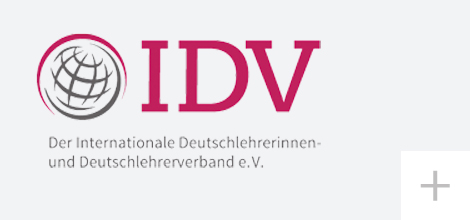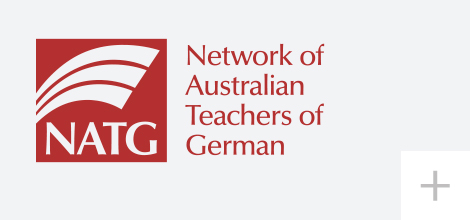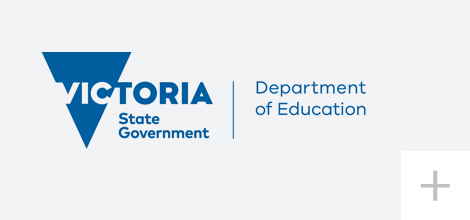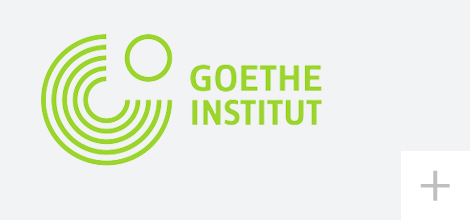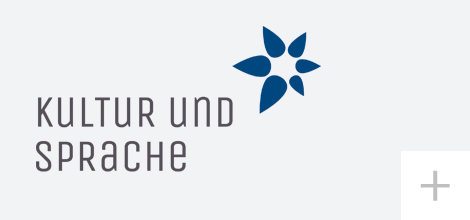Recent posts
WILLKOMMEN!
After almost two years offline, the AGTV public website is live again. Hurra! This website is intended to be the first point of contact for the Association of German Teachers of Victoria Inc., to collate key information and ideas, and to act as a portal to other sites. Thanks to the members for their patience. Thanks to the Victorian Government for supporting the development of this website which has been designed by Studio Ink in Bendigo. This BLOG will be used to share ideas related to the teaching and learning of German and Languages and to report on related events [...]




